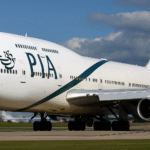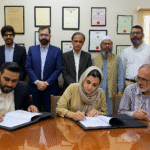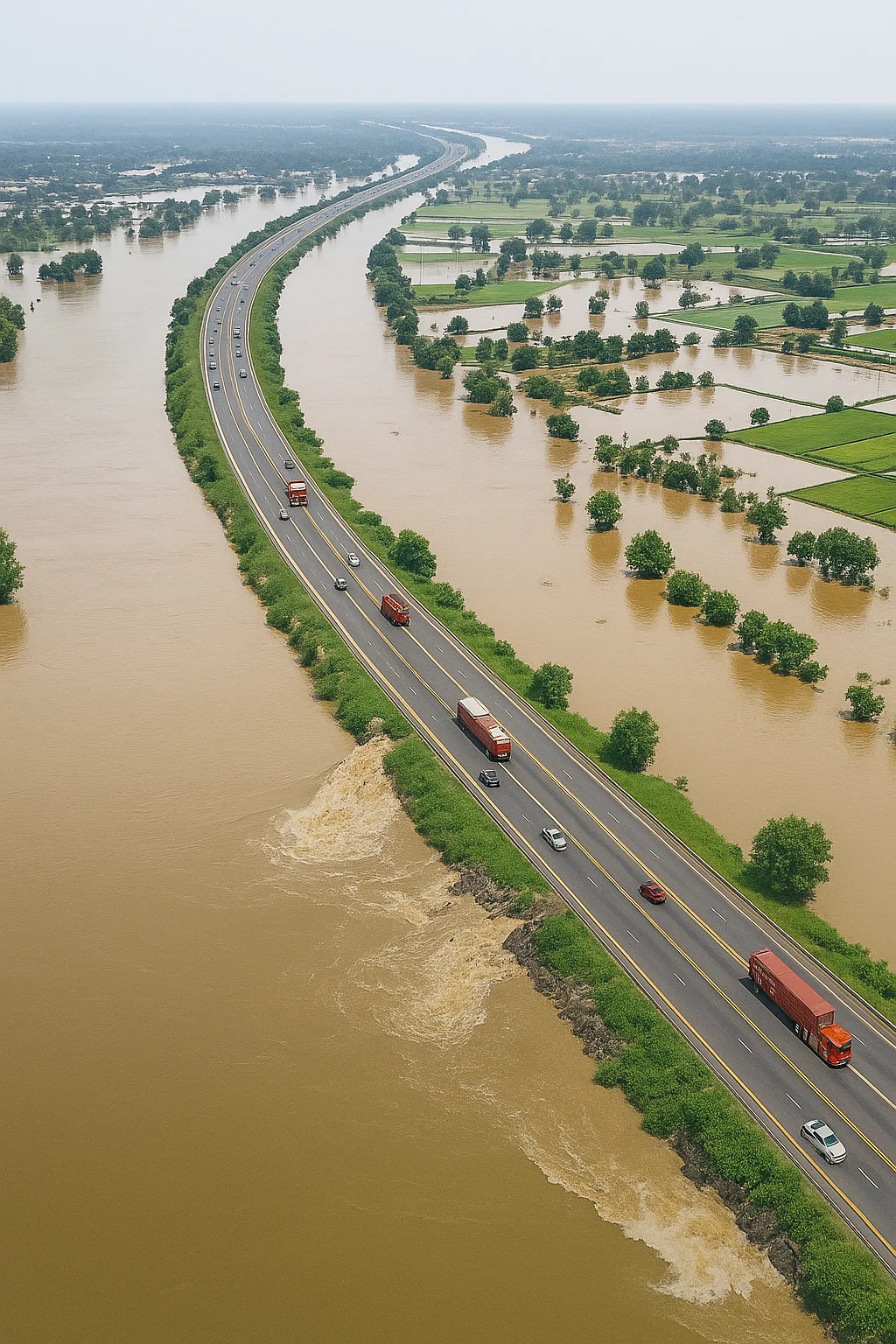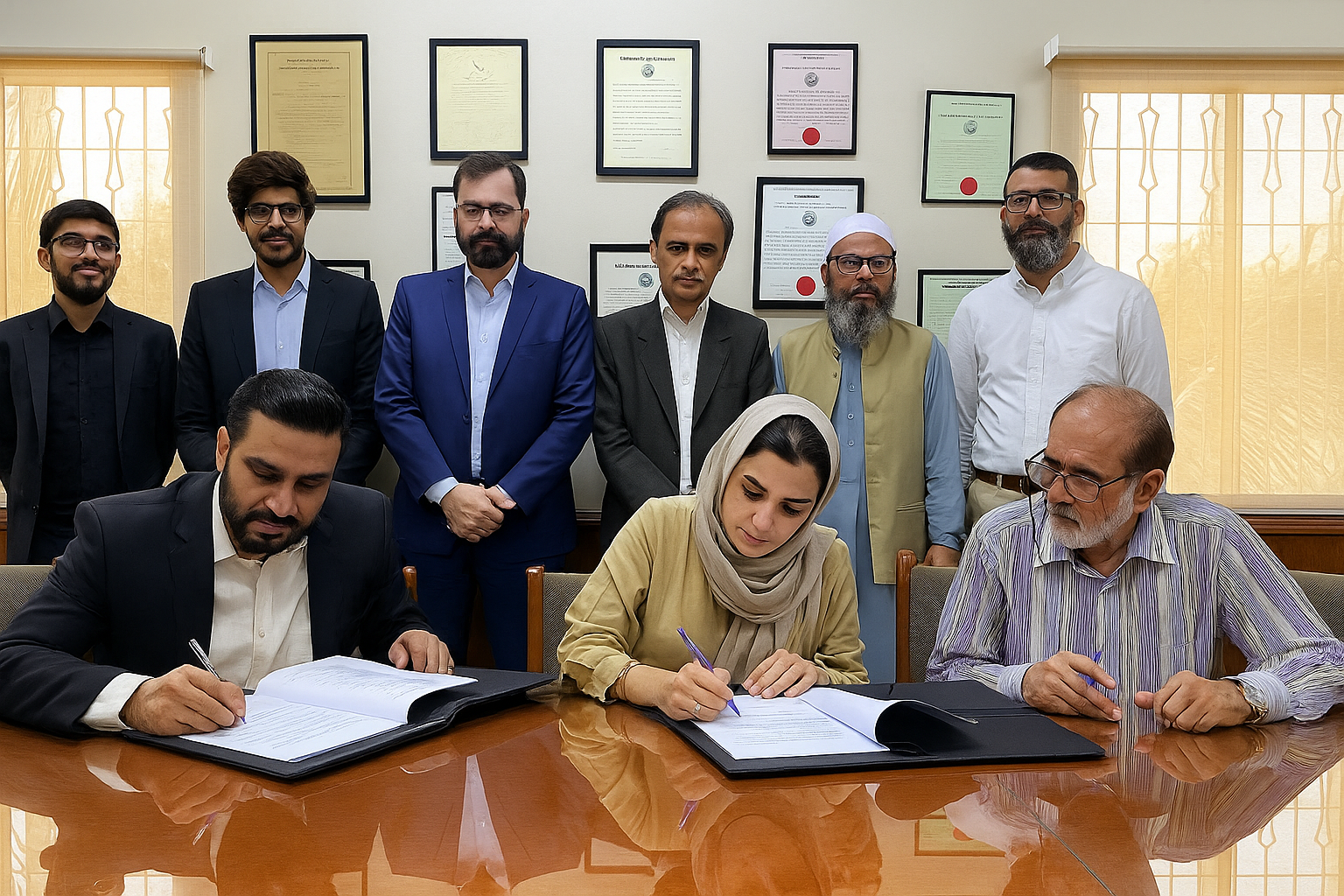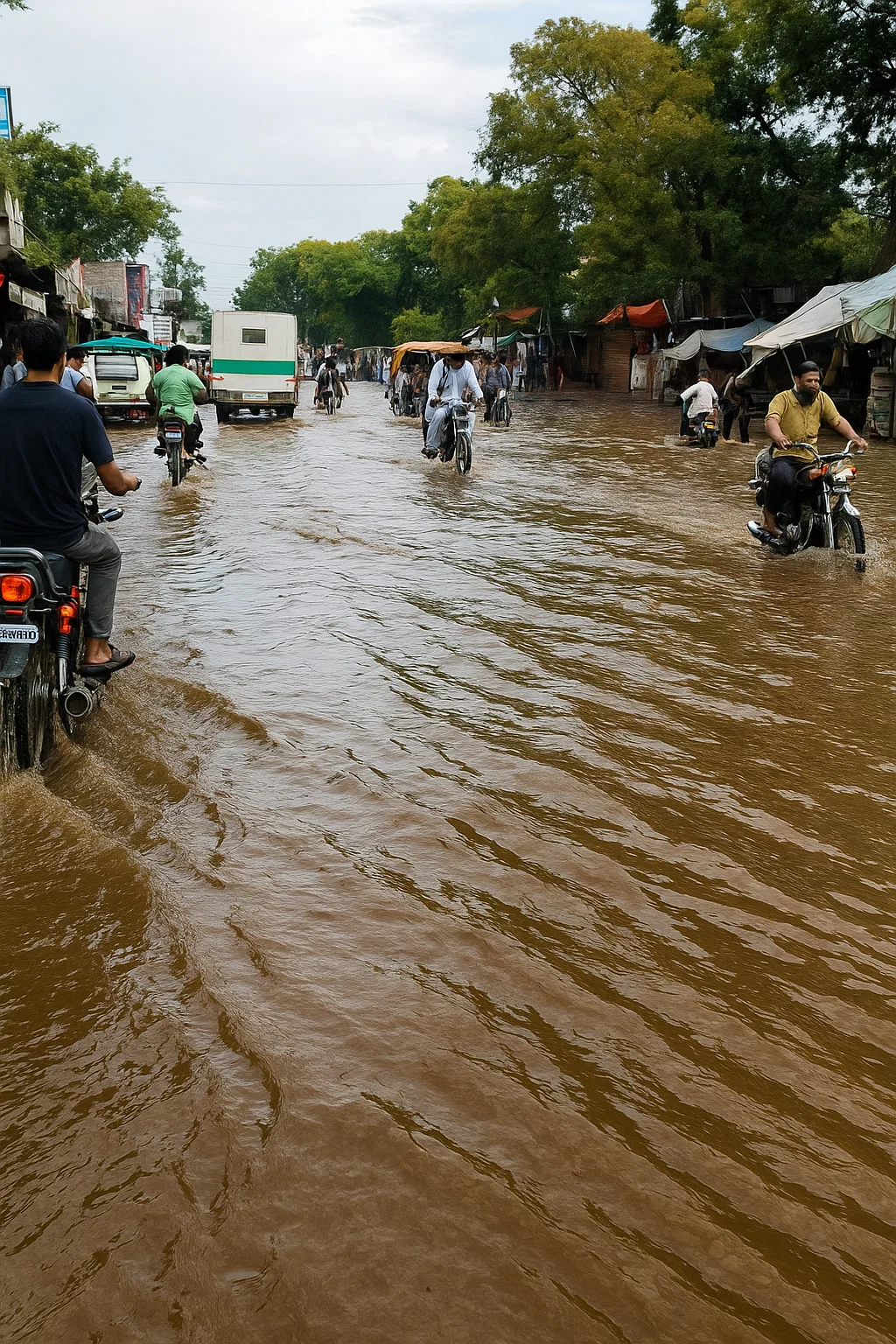M2 Motorway Toll Rates Revised: New Tariffs to Take Effect from August 26 The National Highway Authority (NHA) has officially announced revised toll tax rates for the Motorway M2, also known as the Lahore–Islamabad Motorway. Effective from August 26, the new rates reflect an annual escalation clause that has been part of the original agreement governing this critical highway.
This announcement has sparked significant public debate, as the Motorway M2 continues to be one of the busiest and most strategically important routes in Pakistan, connecting the capital city, Islamabad, with the commercial hub of Lahore.
The Agreement Behind the Toll Hike
The adjustment in toll rates is not arbitrary but part of a concession agreement signed on April 23, 2014, between the NHA and Motorway Operations and Rehabilitation Engineering (Private) Limited, a subsidiary of the Frontier Works Organization (FWO).
Structured on a Build–Operate–Transfer (BOT) basis, the agreement requires an annual 10 percent escalation in toll charges starting from the second operational year of the Motorway M2. This model ensures that revenue collected is reinvested into the maintenance, rehabilitation, and smooth operation of the motorway, preserving it as a national asset.
New Toll Rates by Vehicle Category
The revised schedule of toll charges for the Motorway M2 is as follows:
-
Class 1 (Cars, Jeeps, Taxis): Rs. 1,330 (Rs. 3.72 per km)
-
Class 2 (Wagons): Rs. 2,240 (Rs. 6.24 per km)
-
Class 3 (Buses): Rs. 3,130 (Rs. 8.73 per km)
-
Class 4 (2-Axle Trucks): Rs. 4,460 (Rs. 12.45 per km)
-
Class 5 (3-Axle Trucks): Rs. 5,800 (Rs. 16.20 per km)
-
Class 6 (Articulated Trucks): Rs. 7,460 (Rs. 20.83 per km)
The most notable hike is seen in the freight categories. For example, articulated trucks (Class 6) now face a toll of Rs. 7,460, which represents the highest rate on the Motorway M2.
Impact on Commuters and Businesses
For regular travelers such as families, professionals, and intercity commuters, the increase in tolls means higher transportation costs. Many daily travelers between Lahore and Islamabad rely on the Motorway M2 due to its convenience and safety compared to alternative routes.
For businesses, particularly freight operators, the toll hike will directly increase logistics costs. Two-axle and three-axle trucks, which are commonly used for transporting goods between industrial centers, now face charges of Rs. 4,460 and Rs. 5,800 respectively. This escalation on theMotorway M2 is likely to translate into higher costs of goods, impacting consumers nationwide.
The Strategic Importance of M2 Motorway
The M2 Motorway is not just a road; it is a lifeline for Pakistan’s economy. Spanning 357 kilometers, it connects the political capital with the economic powerhouse of Punjab. It is Pakistan’s oldest and most heavily used motorway, carrying millions of passengers and freight vehicles annually.
As a vital trade corridor, the Motorway M2 facilitates movement of goods to and from major industrial hubs, including Faisalabad, Sialkot, and Gujranwala. The textile sector, exporters, and agricultural producers rely heavily on this route for efficient transport.
Why the Toll Escalation Happens
The NHA emphasized that the upward revision of tolls is part of a long-term sustainability plan. Under the BOT model, the operator is responsible for the upkeep of the M2 Motorway, ensuring it remains up to international standards.
This includes resurfacing, repairing damaged sections, installing modern traffic systems, and enhancing overall safety measures. The annual escalation in toll charges provides the necessary funds for these critical maintenance activities. Without such mechanisms, the M2 Motorway could deteriorate, undermining its role as Pakistan’s most crucial transport artery.
Reactions from the Public
The announcement has received mixed reactions. Regular commuters argue that the toll rates are becoming increasingly unaffordable, especially given the rising cost of fuel and inflation. For many, a single round trip on the M2 Motorway now represents a significant expense.
On the other hand, some experts argue that the toll hike is justified. They note that the Motorway M2 continues to offer world-class infrastructure, unmatched safety, and time-saving convenience compared Motorway M2 to older highways. The annual toll increase, they say, is a small price to pay for maintaining such a critical road at international standards.
READ MORE:
https://freedompakistan.com.pk/
Looking at Alternatives
As toll rates rise, some travelers may consider shifting to alternative routes. However, roads parallel to the Motorway M2 are often slower, more congested, and less safe. This makes the motorway the preferred option despite higher costs.
Logistics companies, too, have limited alternatives. Given the efficiency and reduced travel time on the Motorway M2, they are more likely to absorb the cost and pass it on to customers rather than rerouting their cargo.
Economic Ripple Effects
The increase in toll rates on the Motorway M2 could ripple through Pakistan’s economy. Higher transport costs may raise the prices of agricultural goods, industrial products, and consumer items. Exporters, too, may face reduced competitiveness due to increased logistics expenses.
Still, the Motorway M2 remains indispensable. Its efficient design and smooth connectivity ensure that businesses can save on time and fuel costs, partially offsetting the rise in tolls.
The Road Ahead
Looking forward, the NHA and FWO will need to ensure that commuters and businesses see tangible improvements in return for higher toll charges. Continuous upgrades, improved services, and regular maintenance will be crucial to justify the increased burden placed on users of the Motorway M2.
At the same time, policymakers may need to explore ways to subsidize certain categories, such as public buses, to balance affordability with infrastructure sustainability.
Conclusion
The revision of toll rates on the Motorway M2, effective from August 26, reflects the ongoing effort to maintain Pakistan’s most important highway under the BOT agreement. While the toll hikes may strain commuters and freight operators, they are part of a long-term plan to keep the motorway functioning at international standards.
The Motorway M2 remains central to Pakistan’s economic and social fabric, connecting people, industries, and markets across the nation. As one of the country’s most heavily traveled roads, its maintenance is critical. Despite rising costs, the Motorway M2 continues to symbolize modern connectivity and national progress.




